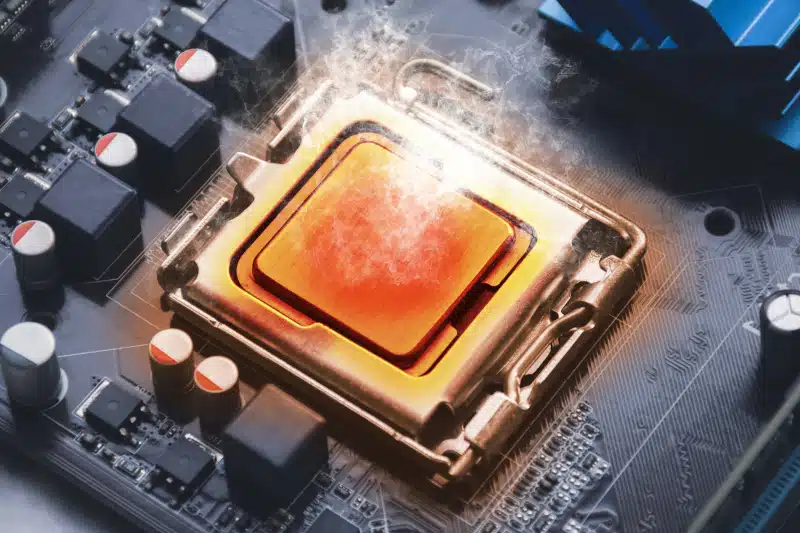
CPU overheating while gaming can ruin your experience and even damage your computer if left unchecked.
Gaming can be an intense activity for both players and their computers. When your CPU overheats during gaming, it can lead to performance drops, sudden shutdowns, and even long-term damage. Understanding why this happens and how to prevent it can help maintain your system’s health and ensure smooth gaming sessions.
Why Does CPU Overheating Happen While Gaming?
One of the primary reasons for CPU overheating while gaming is the immense processing power required to handle high-end graphics and complex computations. Games often push the CPU to its limits, generating significant heat. If your cooling system isn’t up to par, this heat can accumulate quickly, leading to overheating.
Another contributing factor is inadequate thermal paste. Over time, thermal paste—the material that helps transfer heat from the CPU to the cooler—can degrade or dry out. Dried thermal paste reduces its effectiveness, causing the CPU to overheat even under moderate loads.
Additionally, dust buildup in your system can block airflow, preventing your cooling fans from doing their job. Poor ventilation and clogged fans can cause the CPU temperature to rise sharply, especially during prolonged gaming sessions.
Moreover, overclocking can lead to CPU overheating. While overclocking boosts performance, it also increases your CPU’s voltage and heat output. This extra heat can lead to instability and overheating issues without proper cooling solutions.
Lastly, software issues, such as outdated drivers or corrupted system files, can cause your CPU to work harder than necessary. This increased workload generates more heat, which can be detrimental if your cooling system struggles to keep temperatures in check.
How to Prevent CPU Overheating While Gaming
First and foremost, ensure that your cooling system is adequate for your gaming needs—high-quality CPU coolers, whether air or liquid, can significantly improve temperature maintenance. If you’re using the stock cooler, consider upgrading to a more efficient one designed for gaming.
Next, check the thermal paste on your CPU. Replacing it if it’s old or has dried out can significantly improve heat transfer and reduce temperatures. Applying a fresh layer of high-quality thermal paste can lower your CPU temperature by several degrees, especially under load.
Another crucial step is keeping your system clean. Regularly dusting the interior and ensuring that fans and vents are free from obstructions can significantly improve airflow and cooling efficiency. Using compressed air to clean hard-to-reach areas can also help maintain your system’s performance.
Moreover, be cautious with overclocking. If you notice your CPU overheating while gaming, try reducing the overclock or reverting to the default settings. Reducing overclock or reverting to default settings can instantly lower your temperatures and improve stability.
Finally, ensure that all drivers and software are up-to-date. Outdated or faulty drivers can cause the CPU to work harder than necessary, generating excessive heat. Running system diagnostics and addressing software-related issues can prevent unnecessary strain on your CPU.
In conclusion, CPU overheating while gaming is a common issue that can be managed properly. By maintaining your cooling system, keeping your system clean, and managing overclocking and software updates, you can ensure that your CPU stays cool and your gaming experience remains smooth.
If your CPU is overheating while gaming, contact PCMechanic Computer Repair in Davenport, FL, for expert solutions and service!

